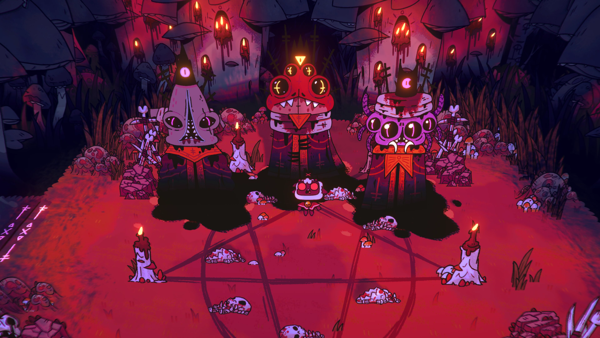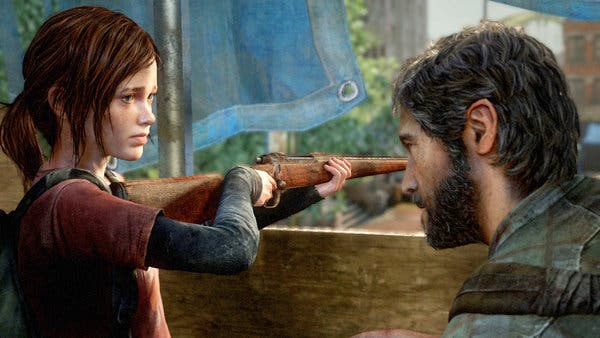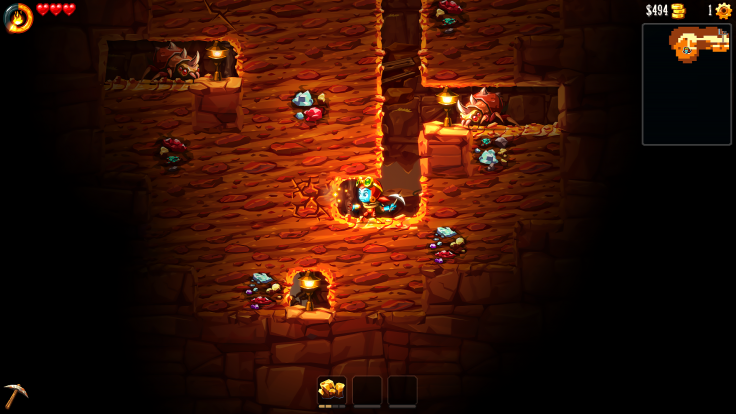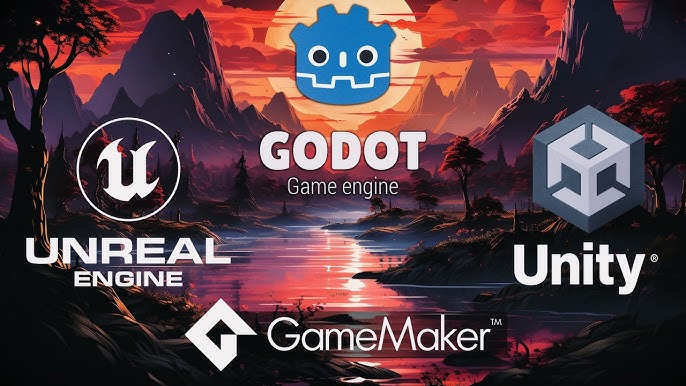The Riccitiello Ripple Effect: What Unity's Turmoil Means for PC Game Devs !

The recent departure of John Riccitiello as CEO of Unity Technologies marks the end of an era – and perhaps the beginning of a new, uncertain one. For PC game developers, especially the indie scene that XenGamer.com holds dear, this isn't just corporate reshuffling; it's a potential earthquake that could reshape the landscape of game development. The controversial runtime fee announcement that preceded his exit left many developers feeling betrayed and questioning the future of the engine they've built their livelihoods upon. As a seasoned dev myself, I've watched Unity evolve from a scrappy underdog to an industry giant, and I'm deeply concerned about what these recent events mean for the future, particularly for those of us flying the indie flag.
The Runtime Fee Fiasco: A Crisis of Trust
The proposed runtime fee, which would have charged developers based on game installs, ignited a firestorm of criticism. For indie devs already operating on tight margins, the idea of unpredictable costs was terrifying. It's not hard to imagine the calculations: "Will that viral hit bankrupt us?" The plan was eventually walked back, but the damage was done. The trust between Unity and its community, painstakingly built over years, had been severely eroded.
Games like Cult of the Lamb, a critically acclaimed indie darling built with Unity, became symbols of the developer resistance. Massive Monster, the studio behind the game, publicly slammed the proposed changes, highlighting the precarious position many indie studios found themselves in.

The success of Cult of the Lamb is a testament to what's possible with Unity, but the team's vocal opposition demonstrates how the runtime fee controversy impacted even the most successful indies.
Even Innersloth, the creators of the mega-hit Among Us, a game with massive reach and built using Unity, likely found themselves re-evaluating their engine choices. The potential financial implications for games of that scale were simply too great to ignore.

An Indie Dev's Perspective: Interview with Pixel Forge Games
To get a clearer picture of how these events are affecting smaller studios, I spoke with David Moreau, the studio head at Pixel Forge Games, known for their stylized, Unity-based RPGs. I found him late one night in his dimly lit office, surrounded by concept art and the inevitable collection of energy drink cans.

"It's been a rough couple of weeks," Moreau admitted, sighing wearily. "We're a small team, and we've poured our hearts and souls into our current project, which is built entirely in Unity. These kinds of decisions… they impact our long-term planning, our budgets – everything. It's not just the money; it's the trust. Can we really build our future on a platform that can change the rules so drastically? We're seriously considering our options now, but the thought of migrating is daunting."

Moreau’s anxieties are echoed throughout the indie dev community. The runtime fee proposal, regardless of its reversal, injected significant uncertainty into future planning.
Navigating the Post-Riccitiello Landscape: Alternatives to Unity
So, what can PC game developers do? The good news is that there are viable alternatives to Unity, each with its own strengths and weaknesses.
- Unreal Engine: Unreal is a powerhouse, known for its stunning visuals and robust toolset. It's a popular choice for AAA titles, but it's also increasingly accessible to indies, thanks to Epic's generous licensing terms. However, the learning curve can be steeper, especially for programmers accustomed to C#. The blueprint visual scripting system can help bridge the gap, though. Don't forget the Epic Marketplace, brimming with assets, and the incredibly active community. The Unreal Engine learning portal is a treasure trove of free resources to get you started.

Godot Engine: Godot is the open-source darling of the indie world. Its free and open-source nature is a major draw, offering complete control and transparency. GDScript, while different from C#, is relatively easy to pick up. Explore the asset libraries and start with smaller test projects to familiarize yourself with the workflow. The community is passionate and helpful, always willing to lend a hand.
GameMaker Studio 2: If you're primarily focused on 2D games, GameMaker Studio 2 is worth considering. Its intuitive drag-and-drop interface makes it incredibly easy to prototype and develop games quickly. However, it's less suitable for larger, more complex 3D projects.
The Elephant in the Room: Asset Migration
Switching engines is a significant undertaking. Migrating existing projects and assets can be incredibly complex and time-consuming. Before making any rash decisions, thoroughly evaluate the costs and time involved. Can you salvage your existing assets? Will you need to rebuild entire systems? These are crucial questions to answer.
Community Sentiment: A Voice from r/gamedev
The anxieties surrounding Unity are palpable across the game development community. As Reddit user u/indiedev_anon aptly put it on r/gamedev: "This whole Unity situation has made me realize how fragile our livelihoods can be when we rely on a single platform. Diversification is key, even if it means extra work upfront."
Final Thoughts: Navigating the Uncertainty
The departure of John Riccitiello may signal a turning point for Unity, but the road ahead remains uncertain. The runtime fee debacle exposed deep-seated concerns about trust and stability. For PC game developers, especially those in the indie space, now is the time to carefully evaluate your options and consider diversifying your skillset. Explore alternative engines, weigh the costs and benefits of migration, and most importantly, connect with the community. We're all in this together, and by sharing our experiences and knowledge, we can navigate this uncertain landscape and build a stronger, more resilient future for indie game development.